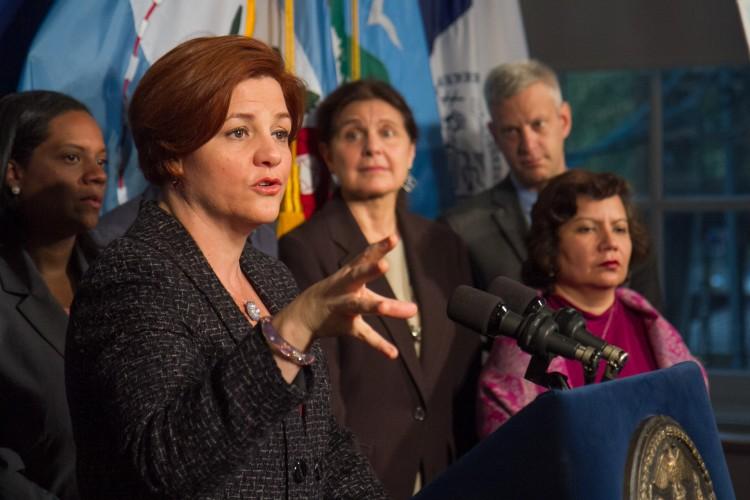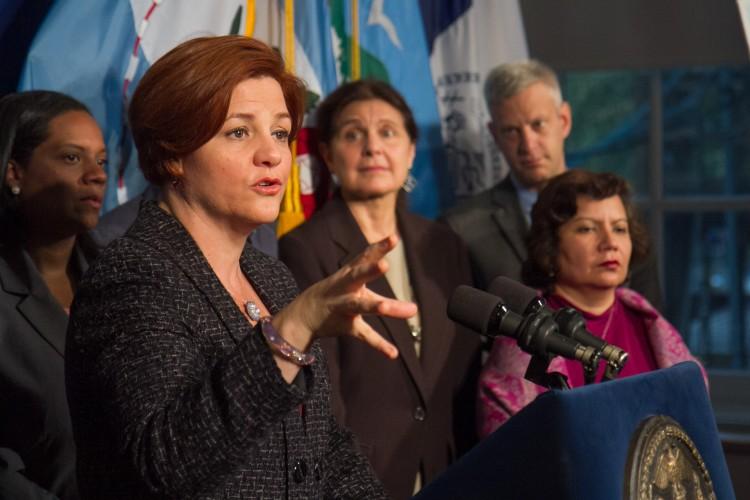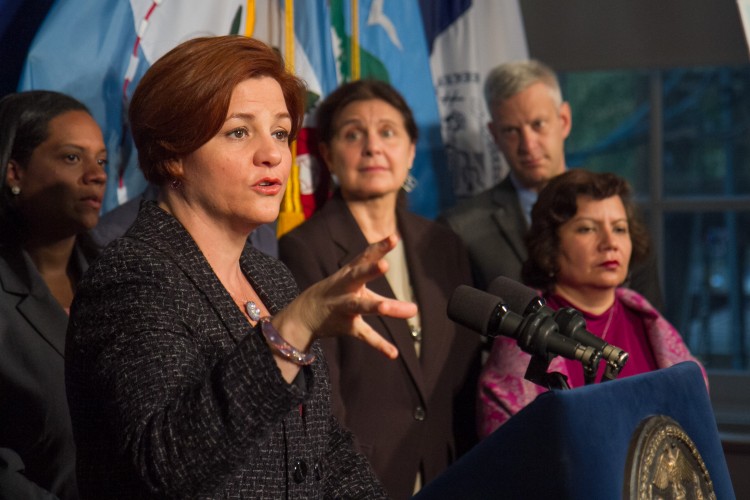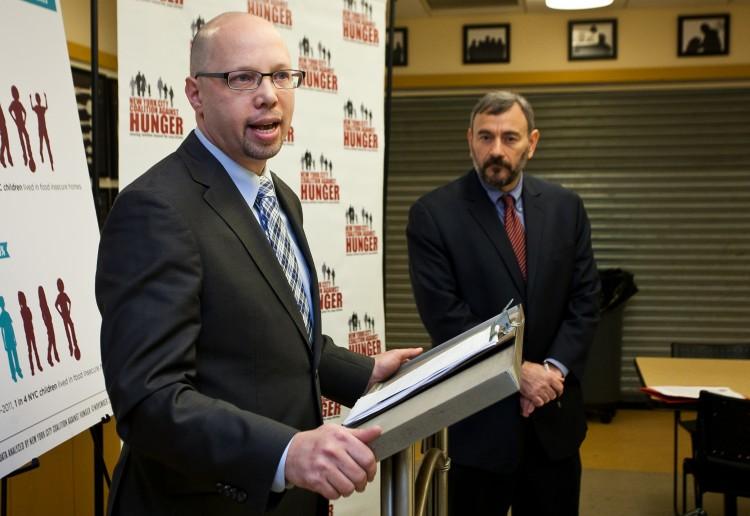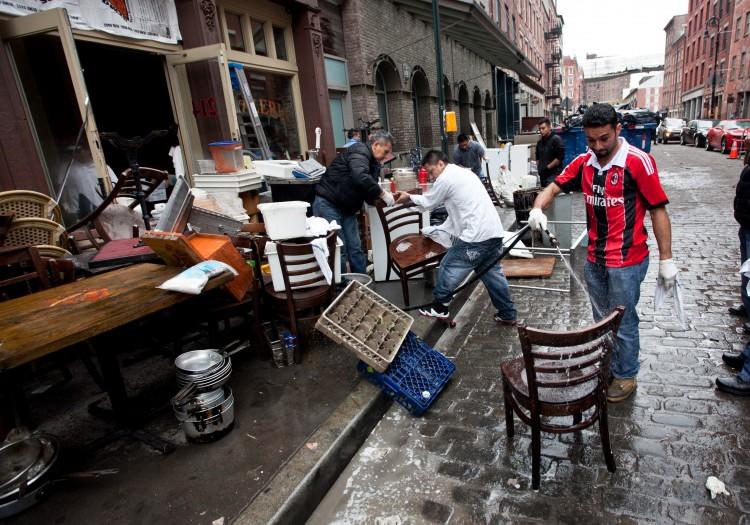NEW YORK—Recent sexual assaults in Central Park and Hudson River Park have prompted public officials to call for a crackdown on perpetrators.
City Council Speaker Christine Quinn announced a five-point plan at City Hall Tuesday that would enforce harsher penalties for sexual offenders and provide more support to victims.
“If you commit [sexual assaults], you‘ll be arrested and you’ll be prosecuted to the fullest extent, and we are going to try to make that fullest extent longer and harsher to make sure these crimes are not repeated so often,” Quinn said.
The first point of Quinn’s plan would increase in-person appearance requirements for level 2 sex offenders—those who have a moderate risk of repeat offense—where they would need to be photographed once a year after release. Currently level 2 offenders are photographed once every three years.
The second point would expand the time period that repeat sexual offenders can be charged with persistent sexual abuse as repeat offenders.
Current New York state law puts a 10-year limit on prosecuting for persistent sexual abuse. This could enable a sexual offender to reoffend after release from a lengthy jail term and avoid harsher punishment as a repeat sex offender.
Assemblywoman Aravella Simotas is working toward excluding the prison time from the 10-year period. In her advocacy thus far, she hasn’t met any opposition in the Assembly.
Another point of Quinn’s plan addresses lewdness, where an offender publicly exposes himself in a lewd manner.
The city has made repeat acts of public lewdness a class A misdemeanor. At state level however, lewdness is a B misdemeanor, which means one can offend multiple times without being threatened with jail time. Quinn called on state legislators to follow the City Council’s lead and increase penalties for multiple acts of public lewdness.
The fourth point of Quinn’s plan aims to secure dedicated funding to the city’s Sexual Assault Response Teams (SART) program.
SART teams are based in the city’s acute care public hospitals and provide around-the-clock, state-of-the-art forensic and counseling services to victims of sexual assault, according to a release from Quinn’s office.
New York City Alliance Against Sexual Assault Executive Director Mary Haviland expressed her gratitude toward the move.
“The alliance and caregivers in the field have been fighting for this measure for some time as necessary to providing timely, sensitive, and high quality care to survivors in New York City,” Haviland said.
The remaining point of Quinn’s plan called on judges to seek maximum penalties for sex crimes.
There have been increased reports of sexual assault in New York City in the last few years, with around 1,100 cases of forcible rape reported in 2011.
“It’s a huge problem everywhere, especially in New York City,” said Christopher Bromson of the Crime Victims Treatment Center at St. Luke’s-Roosevelt Hospital Center.
Acquaintance rape, also known as “date rape,” accounts for most reported cases, with as much as 77 percent of rapes committed by a non-stranger, according to the New York City Alliance Against Sexual Assault, citing Bureau of Justice Statistics from 1997.
Bromson said people are now more likely to go to the police after being sexually assaulted, and this could have contributed to the rising statistics.
“This is about making New York safe for women and that’s the bottom line,” said Councilwoman Julissa Ferreras, chair of the council’s Women’s Issues Committee, at City Hall Tuesday.
The Epoch Times publishes in 35 countries and in 19 languages. Subscribe to our e-newsletter.
Please send news tips to [email protected]
